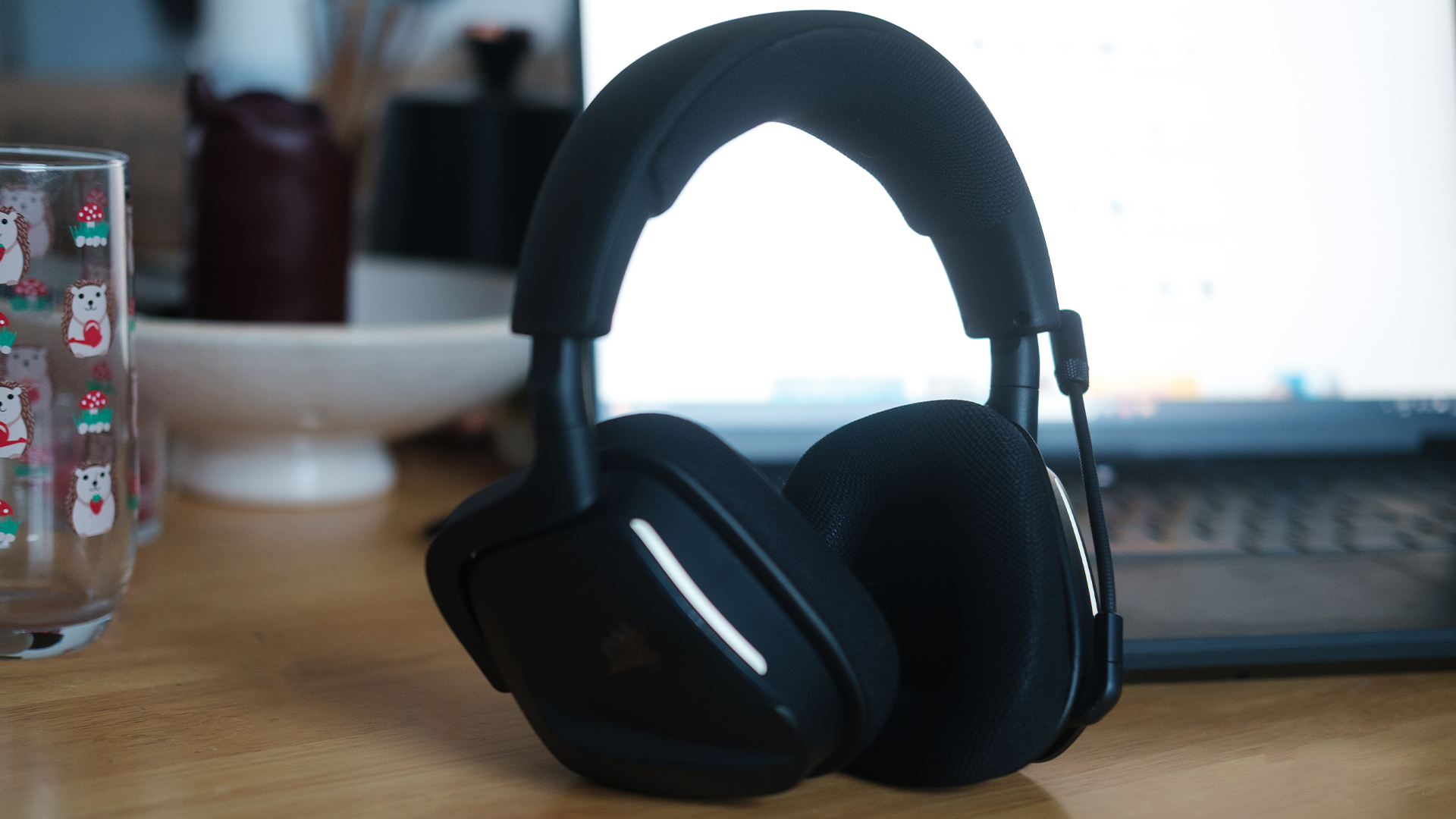Microsoft's big acquisitions aren't likely to hold PC gaming back
So long as the spirit of PC gaming remains, some old-timers congealing around Microsoft isn't going to slow things down.
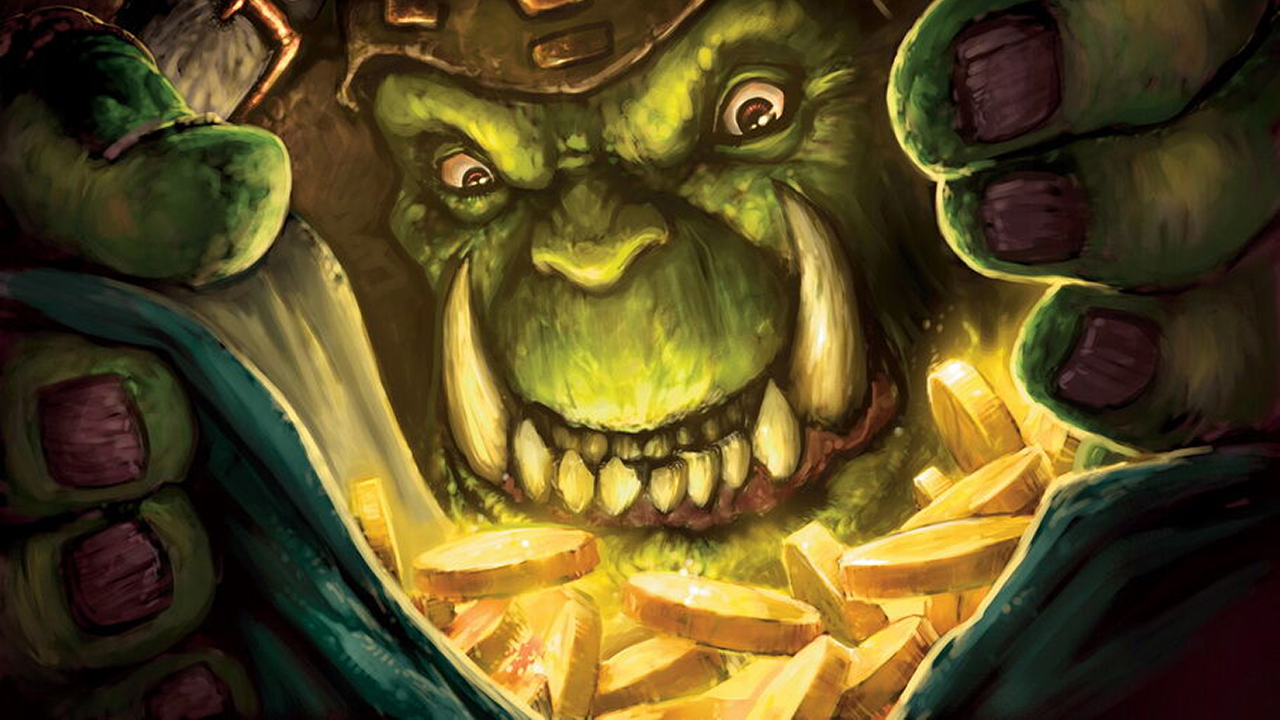
After gobbling up Minecraft, The Elder Scrolls, Fallout, Doom, and more, Microsoft just became the future owner of Call of Duty, Diablo, Overwatch, and Warcraft. Xbox boss Phil Spencer's consolidation of game studios is starting to look a little like the congealing of the film industry that led to Disney's simultaneous control of Marvel, Star Wars, and James Cameron's Avatar, its crown jewel.
For now, I'd put my feelings about Microsoft's Activision Blizzard acquisition somewhere on par with the discovery that Purina Dog Chow and Cheerios are both made by Nestlé: a slight discomfort that slides into resignation. It's true that Disney's Star Wars and Marvel movies basically feel the same, but is that a consequence of Disney's ownership, or a consequence of them being the sort of enormous mass-market phenomena that only a mass-market company like Disney could own? It's hard to feel worried that Spencer will somehow violate the sanctity of Call of Duty and Overwatch in a way that Activision Blizzard CEO Bobby Kotick wouldn't. Would Cheerios be better if General Mills made them?
It's not as if Activision Blizzard is on a moonward trajectory at the moment.
The amount of PC gaming's legacy and game development power that Microsoft now owns does present some concerns. There is a danger that decisions from the top of Microsoft will now be so overrepresented in PC gaming that they push it in directions we won't necessarily like, subtly homogenizing the whole scene. What kind of post-release monetization schemes will Microsoft prefer, for instance? Will it have a different attitude about WoW addons?
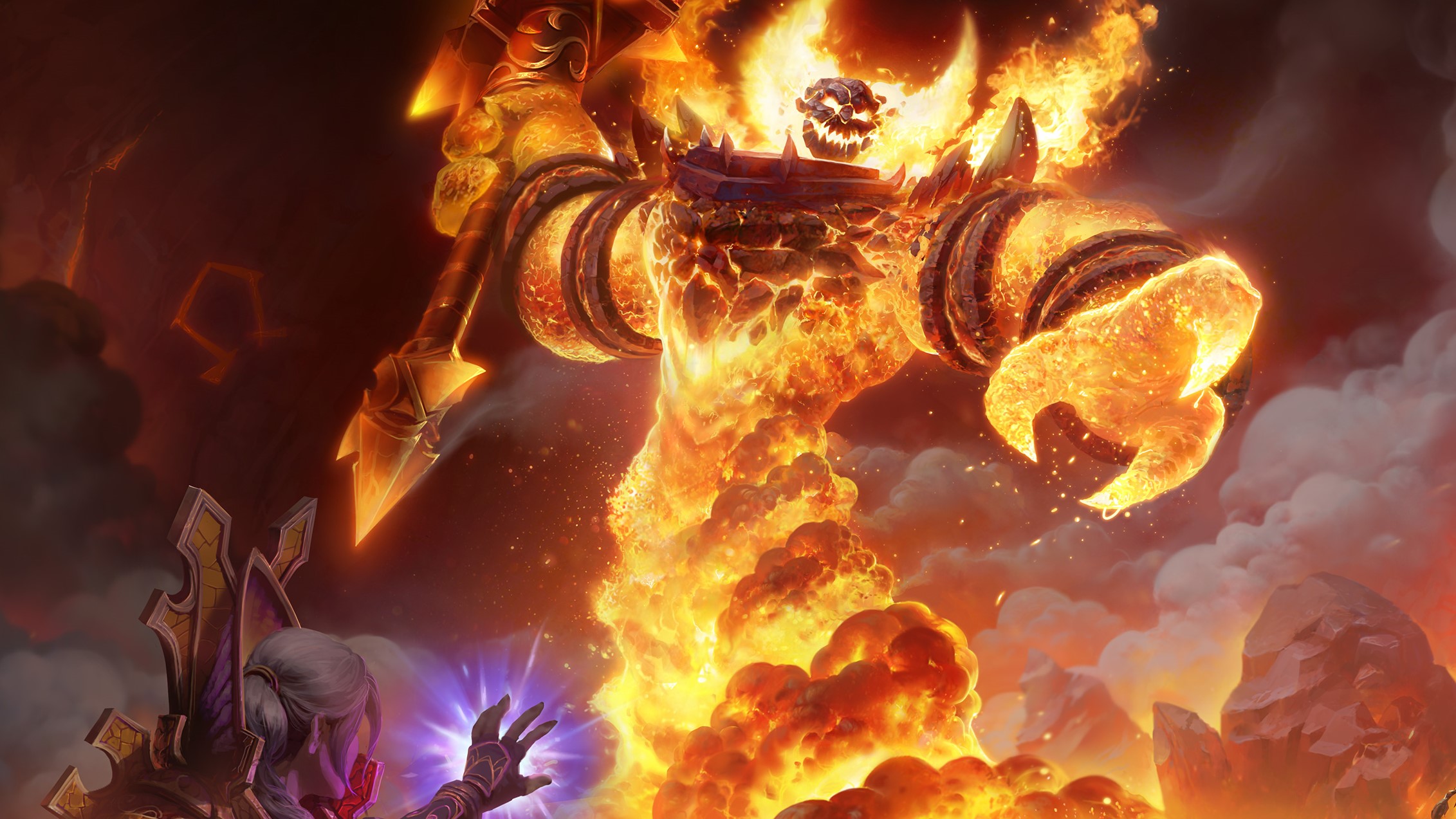
Again, though, I don't want to overreact. It's not as if Activision Blizzard is on a moonward trajectory at the moment. I don't think even World of Warcraft diehards would claim that it's in the prime of its life, and Call of Duty's big Warzone success was a second attempt (after Black Ops 4's Blackout battle royale mode) to follow a trend someone else started years earlier. No one knows what the next big thing is, and up against competition like Riot, Epic, EA, newcomers such as Amazon, which now has its own MMO hit in New World, and the indie devs and modders who will continue coming up with wildly new and exciting concepts, Microsoft is going to have to manage its acquisition well for it to be worth the $69 billion it's paying.
Which brings me to my point, finally: What makes PC gaming special—the reason it has a name at all in this era of cross-platform everything—is that it takes place on an open platform, where anyone can release software without approval or licensing. That's what makes it different from Xbox, PlayStation, or iPhone gaming, and what ensures that revolutions can always foment in the shadows of mass-market giants like Microsoft—weird, surprising games and trends that catch everyone by surprise.
The most current of these is still battle royale, which began as a mod on one of the PC's most open, flexible games: Arma. (And there was also a Minecraft mod, for the record.) It's an easy bet that the next genre phenomenon will arise from a fertile area like this, where experimentation and free distribution are possible. It's not just battle royale: Many of the other biggest games and genres and esports in the world started as mods.
What's really important to me, then, is not who owns Blizzard, but that the PC remains an open platform. As it happens, Microsoft also owns the operating system most PC gamers use, so, alright, I guess it makes sense to worry a little about its growing power—especially since Microsoft has been known to threaten the openness of Windows in the past.
The biggest gaming news, reviews and hardware deals
Keep up to date with the most important stories and the best deals, as picked by the PC Gamer team.
Valve boss Gabe Newell, a former Microsoft employee himself, called Windows 8 "a catastrophe for everyone in the PC space" because it emulated aspects of Apple's closed iOS ecosystem. Relations between Valve and Microsoft have improved since then, but that hasn't stopped Gabe and company from building an ark to pile Steam's library onto if needed: Linux-based SteamOS, which will feature on the new Steam Deck handheld.
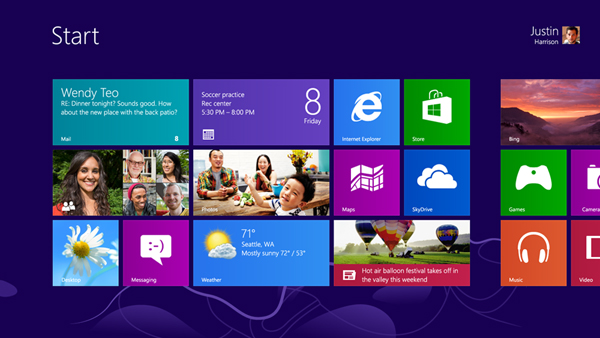
Today, Microsoft seems to have backed off from its old view of PC gaming on Windows as something to restrict and control, such as with Games for Windows Live, another famous disaster, or the UWP architecture. Instead, Spencer has been focusing on games: making them, buying them up, and selling access to them for $10 a month on Game Pass, which now has 25 million subscribers.
It's really hard to say no to Game Pass, even if it feels like an ill portent for our already dwindling sense of game ownership, and it gets a little harder to resist with each studio Microsoft adds to its collection. I worry about a future in which "Xbox" becomes a totally homogenized experience across console and PC, one that ignores all the special qualities of our favored platform. Microsoft did at least adjust Game Pass recently to make the files for some games accessible for modding, but I'm not wildly optimistic that it has a deep love for that aspect of PC gaming culture.
The rise of subscription services in general (EA has one, Ubisoft has one) presents some other spooky questions: If subscriptions become the norm, how will devs get paid? By the number of people who launch their game? By hours played? What could that do to game design? What will that mean for niche indie developers?
Even Spencer doesn't see à la carte game purchasing going away, so I'm getting a little ahead of things here, but the mass adoption of the 'Netflix for games' model at the expense of others represents one 'soft' way the PC's openness could be threatened, and it's a popular vision. Google wants to be Netflix for games, too, although it went too hard on cloud streaming too early, and unlike Microsoft, doesn't have a pile of games to offer. Netflix would also like to be Netflix for games, which is fair enough, although it's going to take a while for it to build a game library that matters, too.
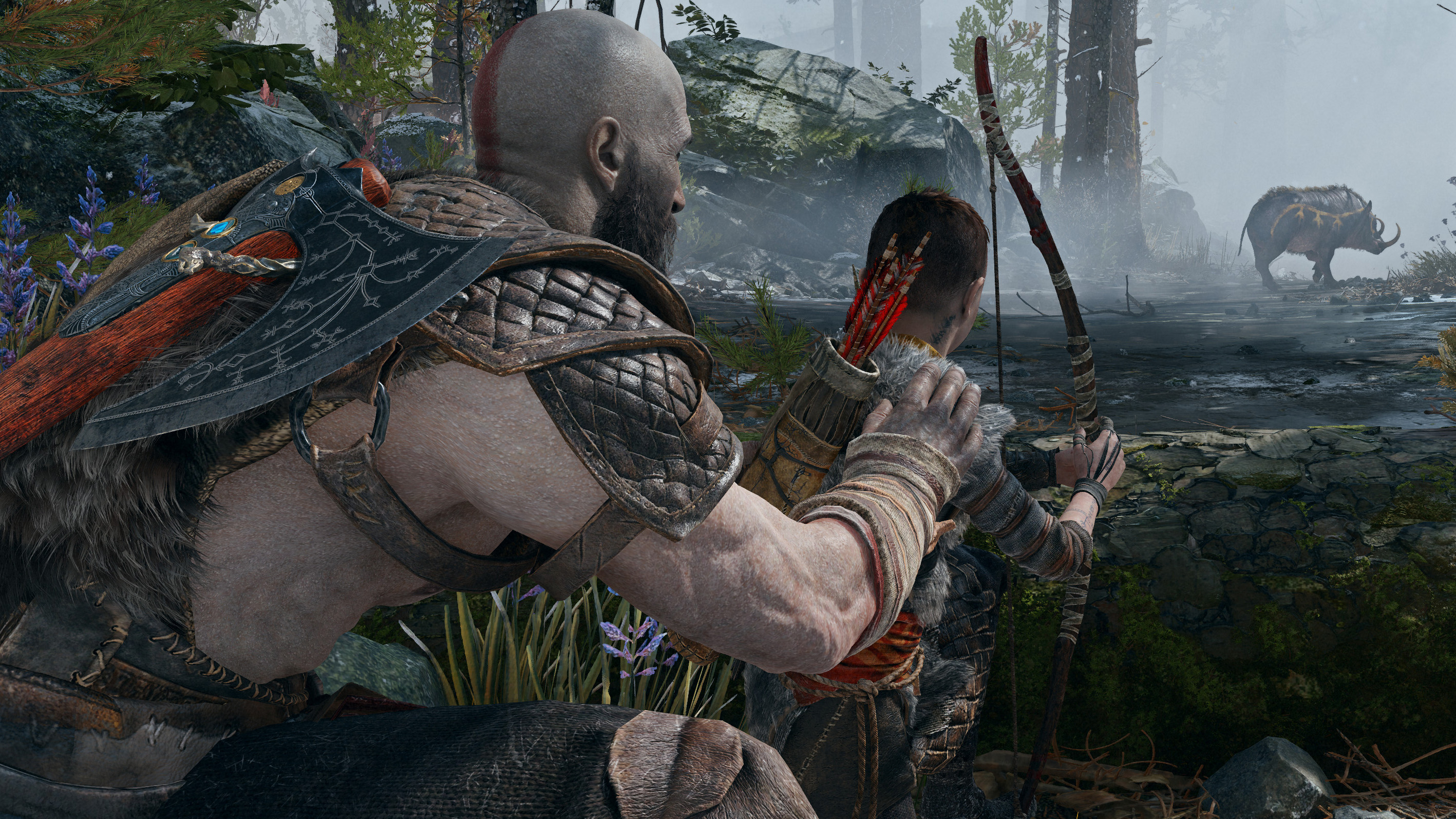
The big story for me is that everyone wants a piece of PC gaming, including all the publishers who were grousing about piracy back in 2010. Even Sony has realized that the future of gaming isn't a more powerful box in which to stuff the voices of Nolan North and Troy Baker. Open platforms like Windows, Linux, and Android are where the big experiments are taking place right now.
I don't know which of those experiments has a future—cloud streaming, subscriptions, VR, AR, Steam Deck, regular videogames like the ones Microsoft just bought, Tim Sweeney's Plasma Ball—but I'm always watching out for anything that might impinge on the openness that defines PC gaming for me. At the moment, I don't think a somewhat-creaky game company being bought by a slightly older, more chipper software corporation is too much to worry about. Who says Call of Duty will even matter in 10 years? It doesn't feel like a given.
I could be wrong. It's hard to predict what's next, especially with all these emails about NFTs crowding my inbox. I might've missed something important, but the worst case scenario is that, if Microsoft or anyone else finds a way to close down PC gaming as we know it to the point that it isn't truly PC gaming anymore, we'll have to go find it somewhere else. Over on Linux with Gabe, maybe, or on TI-89 graphing calculators. I'm sure we'll find a way.

Tyler grew up in Silicon Valley during the '80s and '90s, playing games like Zork and Arkanoid on early PCs. He was later captivated by Myst, SimCity, Civilization, Command & Conquer, all the shooters they call "boomer shooters" now, and PS1 classic Bushido Blade (that's right: he had Bleem!). Tyler joined PC Gamer in 2011, and today he's focused on the site's news coverage. His hobbies include amateur boxing and adding to his 1,200-plus hours in Rocket League.

